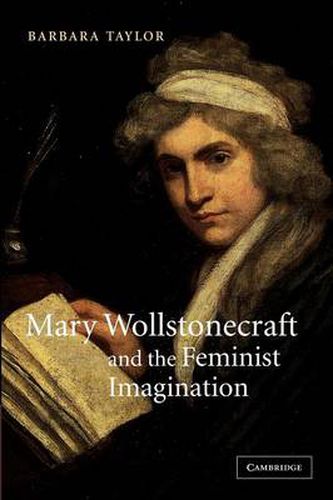Readings Newsletter
Become a Readings Member to make your shopping experience even easier.
Sign in or sign up for free!
You’re not far away from qualifying for FREE standard shipping within Australia
You’ve qualified for FREE standard shipping within Australia
The cart is loading…






In the two centuries since Mary Wollstonecraft published A Vindication of the Rights of Woman (1792), she has become an icon of modern feminism: a stature that has paradoxically obscured her real historic significance. In the most in-depth study to date of Wollstonecraft’s thought, Barbara Taylor develops an alternative reading of her as a writer steeped in the utopianism of Britain’s radical Enlightenment. Wollstonecraft’s feminist aspirations, Taylor shows, were part of a revolutionary programme for universal equality and moral perfection that reached its zenith during the political upheavals of the 1790s but had its roots in the radical-Protestant Enlightenment. Drawing on all of Wollstonecraft’s works, and locating them in a vividly detailed account of her intellectual world and troubled personal history, Taylor provides a compelling portrait of this fascinating and profoundly influential thinker.
$9.00 standard shipping within Australia
FREE standard shipping within Australia for orders over $100.00
Express & International shipping calculated at checkout
In the two centuries since Mary Wollstonecraft published A Vindication of the Rights of Woman (1792), she has become an icon of modern feminism: a stature that has paradoxically obscured her real historic significance. In the most in-depth study to date of Wollstonecraft’s thought, Barbara Taylor develops an alternative reading of her as a writer steeped in the utopianism of Britain’s radical Enlightenment. Wollstonecraft’s feminist aspirations, Taylor shows, were part of a revolutionary programme for universal equality and moral perfection that reached its zenith during the political upheavals of the 1790s but had its roots in the radical-Protestant Enlightenment. Drawing on all of Wollstonecraft’s works, and locating them in a vividly detailed account of her intellectual world and troubled personal history, Taylor provides a compelling portrait of this fascinating and profoundly influential thinker.